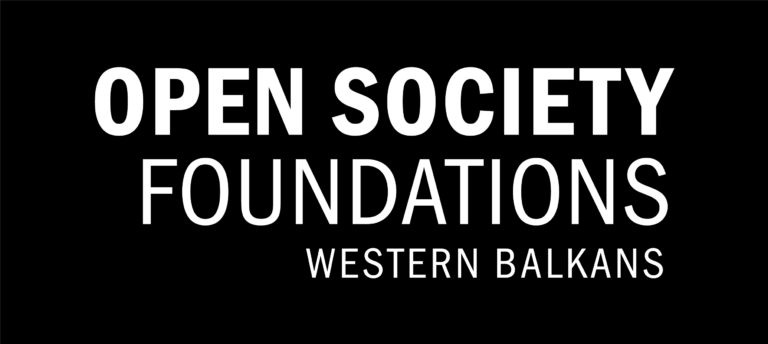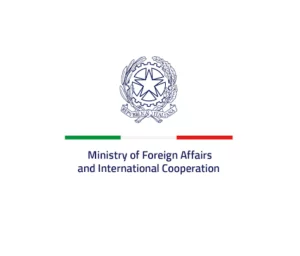Headquarters: Svetog Nauma 7, 11000
Office address: Đorđa Vajferta 13, 11000
Phone:: +381 11 4529 323

All in on EU Enlargement – Making Gradual Integration Work
Building upon CEP’s previous actions and achievements related to the Staged Accession Model, the main goal of this project is…

